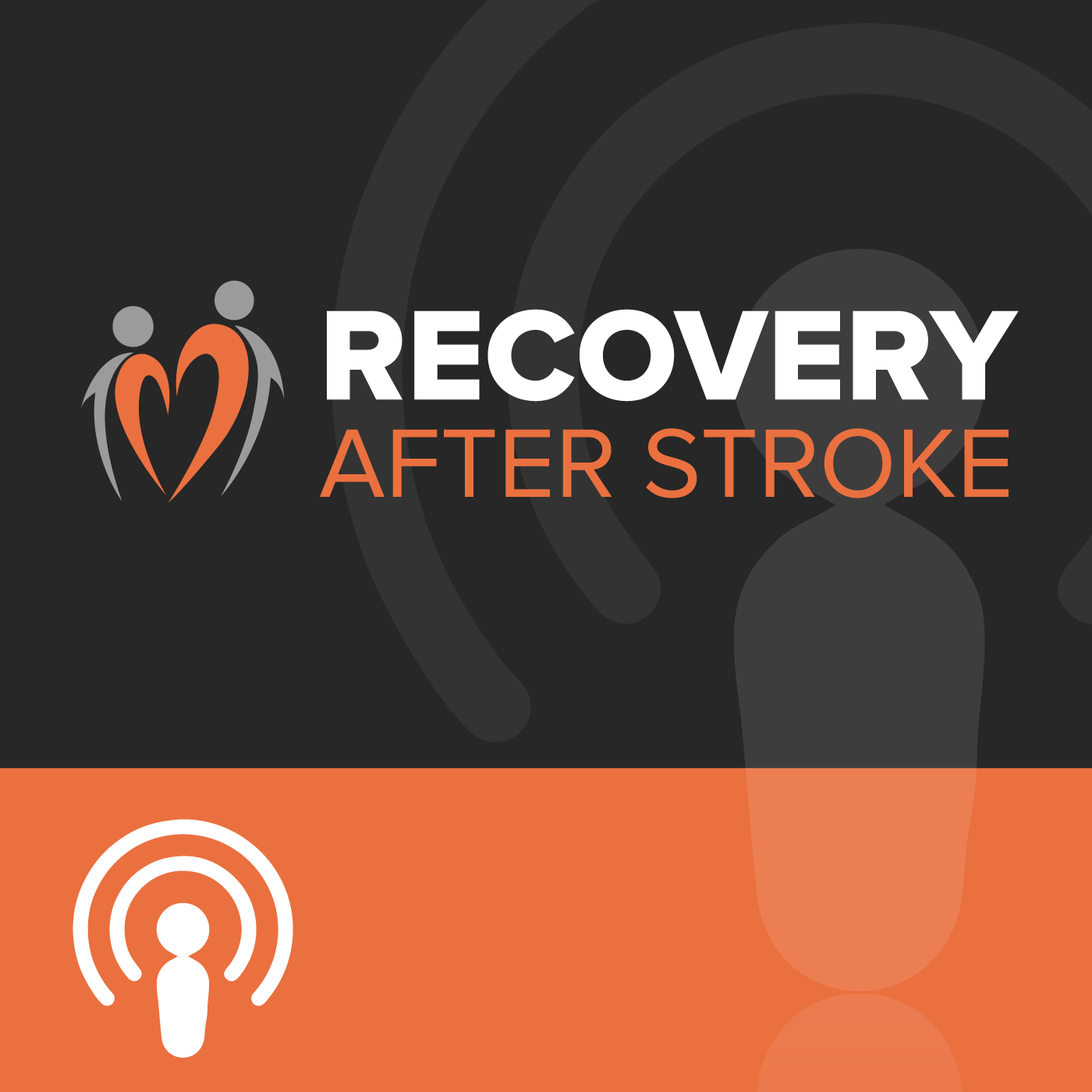- After-Shows
- Alternative
- Animals
- Animation
- Arts
- Astronomy
- Automotive
- Aviation
- Baseball
- Basketball
- Beauty
- Books
- Buddhism
- Business
- Careers
- Chemistry
- Christianity
- Climate
- Comedy
- Commentary
- Courses
- Crafts
- Cricket
- Cryptocurrency
- Culture
- Daily
- Design
- Documentary
- Drama
- Earth
- Education
- Entertainment
- Entrepreneurship
- Family
- Fantasy
- Fashion
- Fiction
- Film
- Fitness
- Food
- Football
- Games
- Garden
- Golf
- Government
- Health
- Hinduism
- History
- Hobbies
- Hockey
- Home
- How-To
- Improv
- Interviews
- Investing
- Islam
- Journals
- Judaism
- Kids
- Language
- Learning
- Leisure
- Life
- Management
- Manga
- Marketing
- Mathematics
- Medicine
- Mental
- Music
- Natural
- Nature
- News
- Non-Profit
- Nutrition
- Parenting
- Performing
- Personal
- Pets
- Philosophy
- Physics
- Places
- Politics
- Relationships
- Religion
- Reviews
- Role-Playing
- Rugby
- Running
- Science
- Self-Improvement
- Sexuality
- Soccer
- Social
- Society
- Spirituality
- Sports
- Stand-Up
- Stories
- Swimming
- TV
- Tabletop
- Technology
- Tennis
- Travel
- True Crime
- Episode-Games
- Visual
- Volleyball
- Weather
- Wilderness
- Wrestling
- Other
Cerebrovascular Accident CVA | Melvin Milton
Comprehensive Guide to Cerebrovascular Accident CVA Prevention and Management Introduction Welcome to our comprehensive guide on cerebrovascular accident (CVA) prevention and management. In this article, we will delve into the various aspects of CVA, its causes, prevention strategies, and effective management techniques. Our goal is to provide you with valuable information that can help you understand CVA better and take necessary measures to prevent it. Understanding Cerebrovascular Accident A cerebrovascular accident, also known as a CVA or stroke, is a serious medical condition that occurs when blood flow to the brain is disrupted, leading to the deprivation of oxygen and nutrients. This interruption can be caused by a blockage (ischemic CVA) or a rupture (hemorrhagic CVA) in a blood vessel within the brain. The consequences of a CVA can be severe and potentially life-threatening, making it crucial to focus on prevention and management. The Importance of Cerebrovascular Accident Prevention Prevention is always better than cure, and CVA is no exception. By adopting a proactive approach to cerebrovascular accident prevention, you can significantly reduce your risk of experiencing a CVA. Here are some key factors to consider: Healthy Lifestyle Choices Maintaining a healthy lifestyle plays a vital role in preventing cerebrovascular accidents. The following lifestyle choices can significantly lower your risk: Balanced Diet: Consume a diet rich in fruits, vegetables, whole grains, lean proteins, and healthy fats. Avoid excessive salt, sugar, and saturated fats. Regular Exercise: Engage in moderate-intensity aerobic activities, such as brisk walking or cycling, for at least 150 minutes per week. Additionally, incorporate strength training exercises to improve overall fitness. Weight Management: Maintain a healthy weight by balancing calorie intake with physical activity. Obesity is a risk factor for cerebrovascular accidents, so it’s important to strive for healthy body weight. Smoking Cessation: Quit smoking or avoid exposure to secondhand smoke. Smoking damages blood vessels increases blood pressure, and raises the risk of cerebrovascular accidents. Hypertension Control High blood pressure (hypertension) is a significant risk factor for cerebrovascular accidents. It’s crucial to monitor your blood pressure regularly and take the necessary steps to keep it within a healthy range. Lifestyle modifications, such as a healthy diet, regular exercise, stress reduction, and medication prescribed by a healthcare professional, can help manage hypertension effectively. Diabetes Management Diabetes is another risk factor for cerebrovascular accidents. Proper management of diabetes through regular monitoring, medication, a healthy diet, and lifestyle changes can help minimize the risk of CVAs. Regular Health Check-ups Routine health check-ups are essential for identifying and managing risk factors associated with cerebrovascular accidents. Regular visits to your healthcare provider allow for early detection and appropriate intervention, reducing the likelihood of CVA occurrence. Recognizing Cerebrovascular


